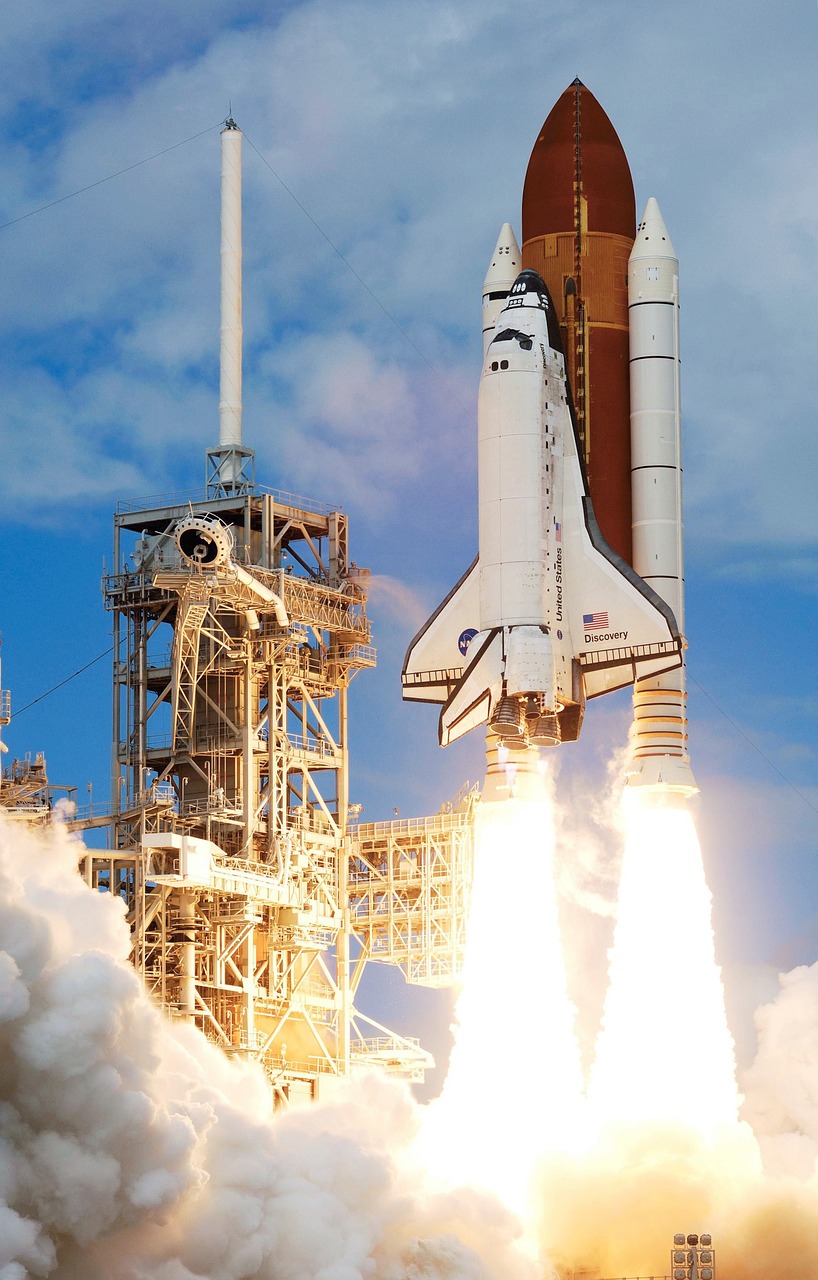Why capitalism and communism were never opposites—and what their convergence teaches us about power, progress, and purpose.
1. The Continuing Relevance of Karl Marx
Few thinkers have left a mark on global consciousness as deep as Karl Marx.
His diagnosis of capitalism’s contradictions anticipated many of today’s anxieties about inequality, automation, and social fragmentation.
Yet the revolutions fought in his name often betrayed his vision.
Marx was mistaken about history’s direction, but not about humanity’s unease within modern economic life.
2. From Spirit to Matter
Marx’s intellectual lineage runs from Kant’s philosophy of perception to Hegel’s idea of history as the unfolding of spirit.
Where Hegel saw ideas shaping material reality, Marx reversed the causal arrow: material conditions, especially patterns of production, shape consciousness.
This inversion created dialectical materialism—a view that history moves through economic conflict toward an inevitable synthesis.
That conceptual pivot secularized faith.
It replaced Providence with Production.
3. The Revolution That Came From Elsewhere
Marx expected revolt in industrial Europe.
Instead, upheaval arrived in agrarian Russia and China.
These were not proletarian revolts but moral uprisings born of humiliation and exhaustion.
Economic theory could not explain why people risked everything for belonging and dignity.
The revolutions that claimed his name were less about class liberation than about spiritual re-anchoring in disoriented societies.
4. Capitalism’s Perfect Mirror
Marx’s critique of capitalism remains astonishingly accurate.
He foresaw that competition would concentrate power, that labor would become alienated from meaning, and that growth without limit would strain both nature and psyche.
He recognized that efficiency can hollow out empathy, and that abundance can coexist with despair.
Even in the digital age, his vocabulary—commodification, surplus, crisis—describes our condition with unsettling precision.
5. The Theological Roots of Modern Wealth
Capitalism did not emerge from greed alone.
The Protestant Reformation sanctified worldly success as evidence of divine favor.
Work became worship; profit became proof.
When faith receded, the moral grammar remained: the market rewards virtue, poverty implies failure.
Thus an economic system inherited the emotional authority once held by religion.
As belief declined, production filled the vacuum.
6. The Birth of the Industrial Elite
The Enlightenment separated God from matter, turning the natural world into an object of mastery rather than reverence.
Technology became the new instrument of salvation.
Factories replaced cathedrals; engineers replaced priests.
Power shifted from those who interpreted scripture to those who commanded machines.
The industrial elite were not merely entrepreneurs—they were custodians of a new metaphysics in which progress itself became holy.
7. God, Not Heaven
Marx assumed religion promised reward after death; in truth it promised relationship in life.
People seek not heaven but presence—a connection to something transcendent.
When systems remove that dimension, they re-create it in secular form: the Party, the Market, the Algorithm.
Each promises order and meaning; each demands submission.
Heaven without God becomes bureaucracy.
8. Status, Not Class
Marx believed material class defined destiny.
Human behavior suggests otherwise.
Across cultures and centuries, people organize around status—the desire to be seen and valued.
Capitalism monetizes this instinct; communism moralizes it.
Even in classless ideologies, hierarchies reappear—bureaucratic, cultural, or digital.
Status, not capital, remains the true currency of human motivation.
9. Mobility as the New Hierarchy
In a networked world, class gives way to mobility.
Wealth is measured less by ownership than by optionality—the freedom to move between markets, ideas, and identities.
Digital platforms create fluid micro-elites: founders, influencers, investors.
The hierarchy persists, but its symbols are now visibility and reach rather than property and title.
10. Capitalism and Communism: Converging Creeds
Both systems share the same metaphysical core: economics as ultimate reality.
Capitalism seeks salvation through ownership; communism through equality.
Each treats humans as units of production, each assumes that managing matter will perfect spirit.
Their opposition is theatrical.
When one falters, the other gains legitimacy, yet both sustain the same faith in material progress as moral truth.
11. Two Empires, One Logic
China and the United States embody this convergence.
One speaks the language of collective harmony, the other of individual freedom, but both rely on data, markets, and technological command.
Each fuses state and corporate power to govern through information.
Surveillance is their shared vernacular; productivity their shared prayer.
Their rivalry is less ideological than administrative—a contest to lead the same civilization of systems.
12. The Return of the Vanguard: AI and the New Priesthood
Every epoch invents a new clerisy.
In the age of AI, algorithms are scripture and engineers its interpreters.
They promise to optimize humanity as earlier elites promised to civilize it.
But specialized knowledge always consolidates authority.
As Marx’s vanguard once claimed to guide the proletariat, today’s technocrats claim to guide intelligence itself.
Control of cognition may soon eclipse control of capital.
13. North Korea and the Paradox of Faith
North Korea’s ideology of Juche—self-reliance—illustrates another extreme.
It offers cohesion without prosperity.
By turning isolation into virtue, it gives psychological order at the cost of innovation.
Faith binds but does not build.
Its poverty underscores a universal truth: humans can endure hardship with meaning, but not comfort without it.
14. Toward a Synthesis of Systems
Marx’s enduring value lies not in his solutions but in his questions.
How can societies achieve material progress without moral exhaustion?
How can technology serve dignity rather than replace it?
Both capitalism and communism reduced humanity to function.
AI risks completing that reduction.
The task ahead is diplomatic in the deepest sense: to reconcile matter and meaning, growth and grace, system and soul.
“The priests held the keys to heaven;
the industrialists to labor;
the technocrats to intelligence.
The next liberation must return the key to the human spirit.”
